Table of Contents
ToggleYou Can’t-Wait After This!!
- Bleeding for more than 3 days of your IUI
- Continuous pain after IUI
- Frequent Cramps after IUI
Fertility treatment is a crucial option for couples who are struggling with infertility issues. And IVF is the highly opted infertility treatment, with success rates of around 40% to 50%. The success rates of IUI (intrauterine insemination) are as high as 38%, further influenced by many other factors. But apart from IVF, other beneficial procedures increase the chances of conception for an infertile woman, with IUI being the second best and painless alternative to the procedure.
Patients have to wait for the Two-Week After the IUI procedure to conduct the pregnancy test. These two weeks can be nerve-racking for the patient, wondering about the safety precautions and risks after IUI. Here’s all you need to know about what happens after IUI, detailing daily processes for mental stability.
Overview of the IUI Procedure
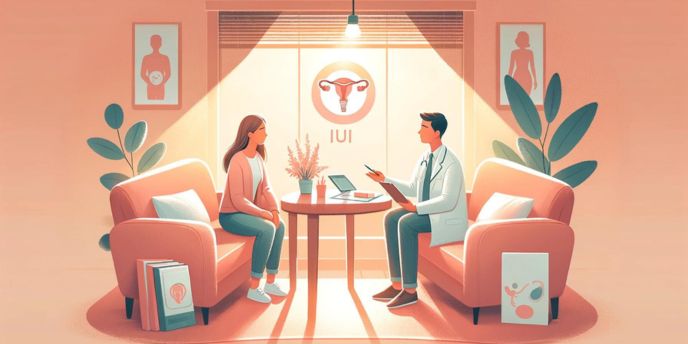
If you plan for the IUI procedure, you must clearly understand the treatment. It is because a lot happens before and after the procedure, and an initial idea will contribute to the success chances. The IUI process involves the Implantation of male semen directly into the uterus. The procedure is usually conducted when a woman is expected to be fertile enough during her menstrual days.
Pregnancy happens when sperm from the injected semen fertilizes the egg. The embryo is expected to implant in the uterine wall, producing hormones to sustain the pregnancy. After the procedure, females are advised to take enough rest to increase their conception chances.
Sometimes, the patient’s body fails to produce enough pregnancy hormones, which might risk their chances of conception. Therefore, fertility experts advise a course of hormone medications in such cases, an excellent option for females struggling with infertility issues.
How is IUI Treatment done?
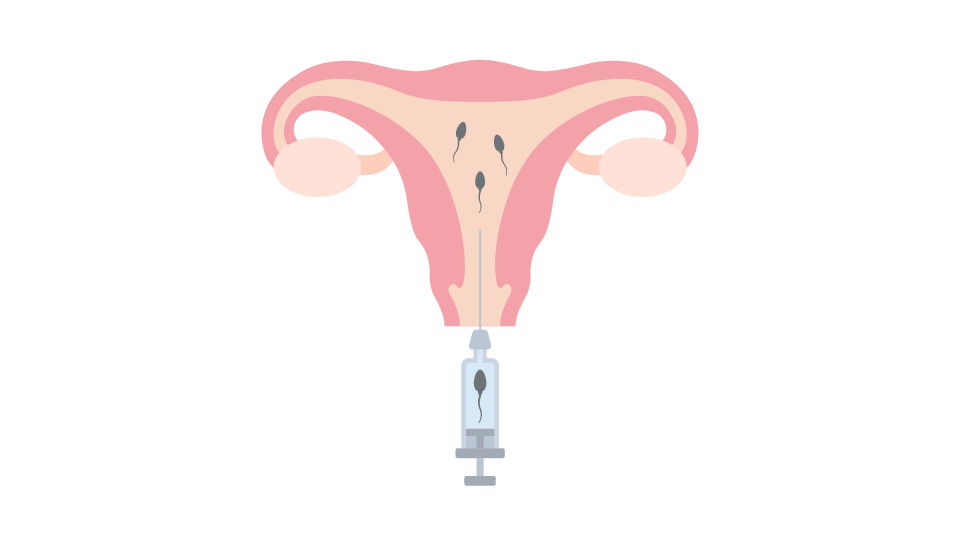
In IUI [intrauterine insemination], fertilization occurs in the body of the female’s receiver through artificial means instead of sexual intercourse. The whole process is divided into two significant steps:
Stimulating the Egg’s Growth
In this, fertility experts prescribe medicine to the patient to stimulate the production and growth of healthy eggs in her body. The main motive for this is to increase the fertility levels in females, further increasing their chances of conception.
Introducing Sperm into Uterine Cavity
It is the primary step in which sperm are placed artificially in the uterine cavity. All these sperms are first thoroughly washed and separated from semen fluid. It reduces the chances of irritation due to seminal fluid, leading to pain and cramps. Some patients might think that iui procedure is painful but the truth is, The entire process is painless and takes only a few minutes to complete.
What happens after IUI day by day?
| Days | Day by day Report of IUI Treatment |
|---|---|
| Day 1 | Blood Test Semen Analysis |
| Day 2 | IUI Procedure |
| Day 3 | Some females may experience spotting |
| Day 6 | Implantation Day |
| Day 7-8 | Implantation Bleeding may be experienced |
| Day 10-14 | Beta hCG test |
| Day 15 | Fertilization Day |
| Day 16 | The fertilized egg becomes impenetrable |
| Day 17 | Creation and division of cells into two-celled bodies |
| Day 18 | Formation of embryo at 16-cell stage |
| Day 19 | Embryo will become a blastocyst. |
| Day 20 | The developed blastocyst will attach in the uterus. |
After the IUI procedure, it is advised to avoid smoking and alcohol intake, eat healthy foods, drink lots of water, remain active, manage stress, and get enough sleep.
After 1-3 Days of IUI Procedure
Some females are likely to experience light cramping or spotting 3 days after IUI. It is not implantation bleeding. This is just a common symptom of the procedure. If you still feel discomfort after three days, you should address the issue with your fertility expert.
After 6 Days of the IUI Procedure
These days, patients will be approaching the implantation window. Therefore, experiencing light spotting, stomach discomfort, or cramping is normal. You may also experience nausea, dizziness, breast tenderness, constipation, exhaustion, and vomiting.
At around 10 days post IUI, some women might start experiencing early pregnancy symptoms but some women might not feel any of these symptoms even after several days of Implantation. But it does not reflect failure or risks in the procedure.
After 14 Days of the IUI Procedure
Doctors usually advise for a pregnancy test after two weeks of the procedure. These days, hormone levels are high enough to detect pregnancy. There is an option for DIY home tests, but fertility experts usually advise a proper pregnancy test at the clinic to ensure accuracy.
Some women may experience symptoms like nausea, dizziness, breast tenderness, constipation, exhaustion, and vomiting during the two-week wait. However, it is important to note that not all women experience these symptoms, and many have no symptoms after IUI success stories.
If the test marks are negative, you will miss your next period and be asked to test again. But, if the test is marked positive, then the doctor will monitor the hormones and advise on the course of required medications.
Days 15-28
The 15th day is fertilization day. From this day onwards, the fertilized egg becomes impenetrable. You can take a pregnancy test from a test kit. Still, if you are unsure of the results, you can perform a blood or urine test to ensure pregnancy by identifying the hormone hCG (human chorionic gonadotropin). If you are pregnant, you might experience the early symptoms of pregnancy.
- Spotty bleeding
- Breast Tenderness
- Queasiness/Nausea
- Feeling Tired
Results After IUI
You may have implantation bleeding after 7 to 11 days of going through the IUI process. It happens when the egg is implanted in your uterus wall. However, these initial spotting symptoms stop after three days.
How long does Implantation take after IUI?
“According to the reports from successful IUI procedures, implantation usually occurs on the 9th day in 40% of women who become pregnant after ovulation.”
The conception clock starts ticking at the time of ovulation as an egg is only ideal for fertilization during 12-24 hours of ovulation. Therefore, the answer to what happens daily after IUI insemination is that eggs and sperm must meet during this time for fertilization. As soon as the egg is fertilized, it implants into the uterine lining for a successful pregnancy.
What are the Signs of Implantation after IUI?
The Implantation after IUI signs are slightly confusing. Some pregnant women do not experience implantation symptoms. A few symptoms mimic menstruation. It may make the waiting period difficult.
After IUI Back Pain /Cramping After IUI
You may have a crampy feeling or a sensation of fullness in your abdomen. It also indicates impending menstruation. Some women claim that they have a pinching feeling below the navel.
After IUI, White Discharge
Vaginal discharge after IUI is standard, and there is nothing to be concerned about.
Sleeping Position After IUI
Sleeping on your back is not compulsory. You can sleep in any position you like. But also if you have question in mind that Best Sleeping Position after IUI to increase the Success rate so you can check this guide.
Bleeding and Spotting After IUI
Some uterine cells get dislodged after IUI. These cells also get discharged and appear as spots. You may notice light brown or pinkish spotting. Bleeding also happens two weeks after undergoing IUI. It is the natural result of implanting an embryo into the uterus wall.
After IUI Pregnancy Test
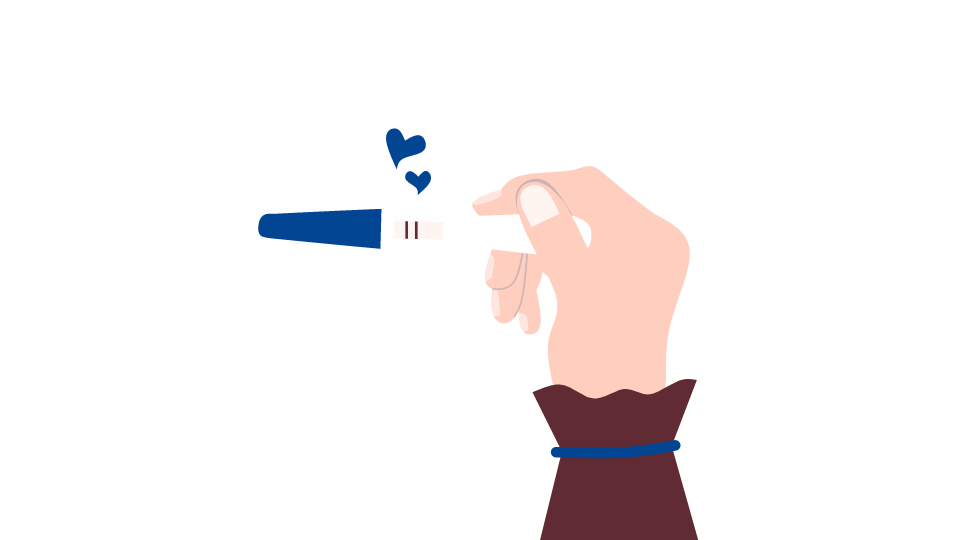
Before taking a pregnancy test after IUI at your home, you must wait two weeks. If you test too soon, you will find false-negative results. Your pregnancy hormones should be at a measurable level. Or else the test result will be negative while you are pregnant. If you take ovulation-inducing medications like HCG, it will still circulate in your body. So, in this case, the result will show pregnancy though you are not pregnant.
After IUI Pregnancy Symptoms
While addressing the IUI procedure, we cannot deny the fact that it has some side effects. Most of them are likely mild, and some patients will not report them. But, if you opt for the procedure, knowing about these side effects will help you mentally prepare.
Common side effects of IUI include:
- Breast tenderness,
- Painful or swollen ovaries,
- Pelvic discomfort,
- Ovarian cysts,
- Rash around the injection site,
- OHSS (Ovarian Hyperstimulation Syndrome)
- Bloating
Things to do After IUI to Increase Chances
IUI successful tips that worked for many to get positive results after IUI includes:
- Avoid strenuous workouts
- Have a balanced diet
- Take prenatal vitamins
- Create your backup plan- Look for IUI alternatives.
- Reduce your stress
Do’s and Dont’s After IUI
Dos–
- You should sleep at least 8 hours.
- Eat healthy foods. Avoid junk foods.
- Do walking and yoga.
- Follow the doctor’s instructions.
- Reduce the carbs while increasing the protein. Some foods, such as eggs, seeds, nuts, oysters, oats, whole grains, and flax seeds, are beneficial for fertility. Additionally, you should consume vitamin D-rich foods.
- Light to moderate exercise is good as it improves blood flow to the uterus and nearby reproductive organs.
- Have sex after 48 hours, as it can cause the uterine walls to contract, moving the sperm cells closer to the fallopian tubes and the egg.
- Take prescribed drugs on time
Don’ts-
- Do not drink alcohol
- Avoid smoking
- Try not to bend over
- Never take medications without prescriptions.
- Limit your tea, coffee, or caffeine consumption to 2-3 cups per day.
- Avoid all forms of heat and radiation
- Avoid sitting on the floor, abruptly leaning forward or backward, or engaging in any activity that places pressure on your lower abdomen.
- Avoid anything weighing more than 5 kg.
- Avoid going up and down the stairs excessively.
- Only travel for 2 to 3 hours.
We also have complete guide of precautions to be taken for Successful IUI results. Check it out.
Progesterone After IUI
You can take progesterone supplements only after consulting a doctor. Progesterone levels play a crucial role in preparing the uterus lining for embryo implantation. By thickening your uterus lining, they prepare the part for embryo implantation.
Foods to Help Implantation After IUI
As per our experts, Your balanced diet should include the following food after IUI –
- Vegetables
- Dry and fresh fruits
- Nuts
- Grains
- Protein
- Brown rice
- Healthy fats
What are the Possible Risks and Effects After IUI?
IUI is a comparatively safe process, and minimal risk is involved. A few common risks are-
- Infection– You have a slight risk of infection after undergoing the process.
- Spotting– As the catheter is placed in your uterus, it may cause a bit of vaginal bleeding.
- Multiple pregnancies– It does not generally happen in the case of IUI. However, if you have taken ovulation-inducing medication, there is a chance of multiple pregnancies.
What are the Keys to Successful IUI?
Fertility Experts from Best IVF Center have researched some tips to ensure increased chances of conception-
- Try out and explore hormone stimulation.
- Ensure that the sperms are washed before the procedure and used within an hour of washing.
- Opt for healthy eating habits after the IUI procedure to increase the chances of successful fertilization.
Conclusion
This IUI journal about the IUI process day by day will help patients answer what happens after IUI day-by-day embryo implantation, what happens after IUI day-by-day AMH, and what happens after IUI day-by-day implantation. For many women and patients, waiting and hoping for successful chances after or during two weeks of the procedure is the hardest part.
National Health Service (NHS) in England Study shows that After the IUI procedure, some women can go through light cramping or spotting. A few days after the implantation, a woman must undergo the HCG test procedure to confirm her pregnancy. During 16 to 17 days of the IUI procedure, the egg becomes impenetrable, and cell division starts. On day 18, embryo formation generally begins at 16 cell stage. During the 19th and 20th day, the embryo converts to a blastocyst which attaches to the uterus.
Also, everybody is unique; thus, the procedure may work differently and show you different signs and symptoms. Therefore, be sure you follow the proper instructions given by your doctor; also, if you see any concerns during the IUI procedure, don’t forget to visit your medical professionals.
It is, therefore, common to experience anxiety and stress, which might affect the conception chances.Our IVF Specialist advise you to take time for yourself, remain calm and manage stress.
If you are also planning for the IUI procedure or researching the same, schedule your free online consultation appointment with our Aastha Fertility experts now to get the best advice.
Frequently Asked Questions
1. What are the possible outcomes of an IUI procedure done at home with donor sperm?
The chances of getting pregnant by IUI procedure at home with donor sperm are significantly less than by IUI procedure at a doctor’s clinic. The risk of infection is also relatively high.
2. Coping with infertility – how to deal with the stress and anxiety that comes along with it?
The best way to cope with stress and anxiety is to communicate with your partner and practice yoga and other relaxation technique.
3. Can I take over-the-counter medications after IUI treatment?
It is not safe to take over-the-counter medications after IUI treatment.
4. What should I do if I accidentally take an extra dose of my medication after IUI treatment?
Consult your doctor if you have taken an extra dose of my medication after IUI treatment.
5. Can I take a pregnancy test after IUI?
You can take a pregnancy test after days of IUI.
6. What To Expect On IUI Day?
When going for IUI, the patients are overwhelmed. But it is suggested that they should be calm and positive during the visit.
7. How Long Does The IUI Process Take?
Nothing to worry your whole visit to the doctor’s clinic will take up to an hour, and the procedure will only take 1-2 minutes. This procedure doesn’t even include any drugs or analgesics.
8. What Are The Chances Of IUI Success?
Many factors affect the chances of IUI Success. If we see the IUI Success Rate by age, then:
– Under 35 years- 13%
– 35 to 37 years – 10%
– 38 to 40 years – 9%
– Over 40 years – 3 to 9%
If we see according to fertility issues, the IUI success rate according to Pacific Fertility Center Los Angeles is:
– 7% to 10% per cycle if you have two fallopian tubes, good eggs, and unexplained – infertility. Your success rate increases by 15–25% if you combine IUI treatment with fertility drugs.
– It’s 11.7% if one fallopian tube is blocked, and the blockage is near the ovary.
– It’s 38.1% if the blockage in one fallopian tube is near the uterus.
– It is 16.9% if the father has an infertility issue.

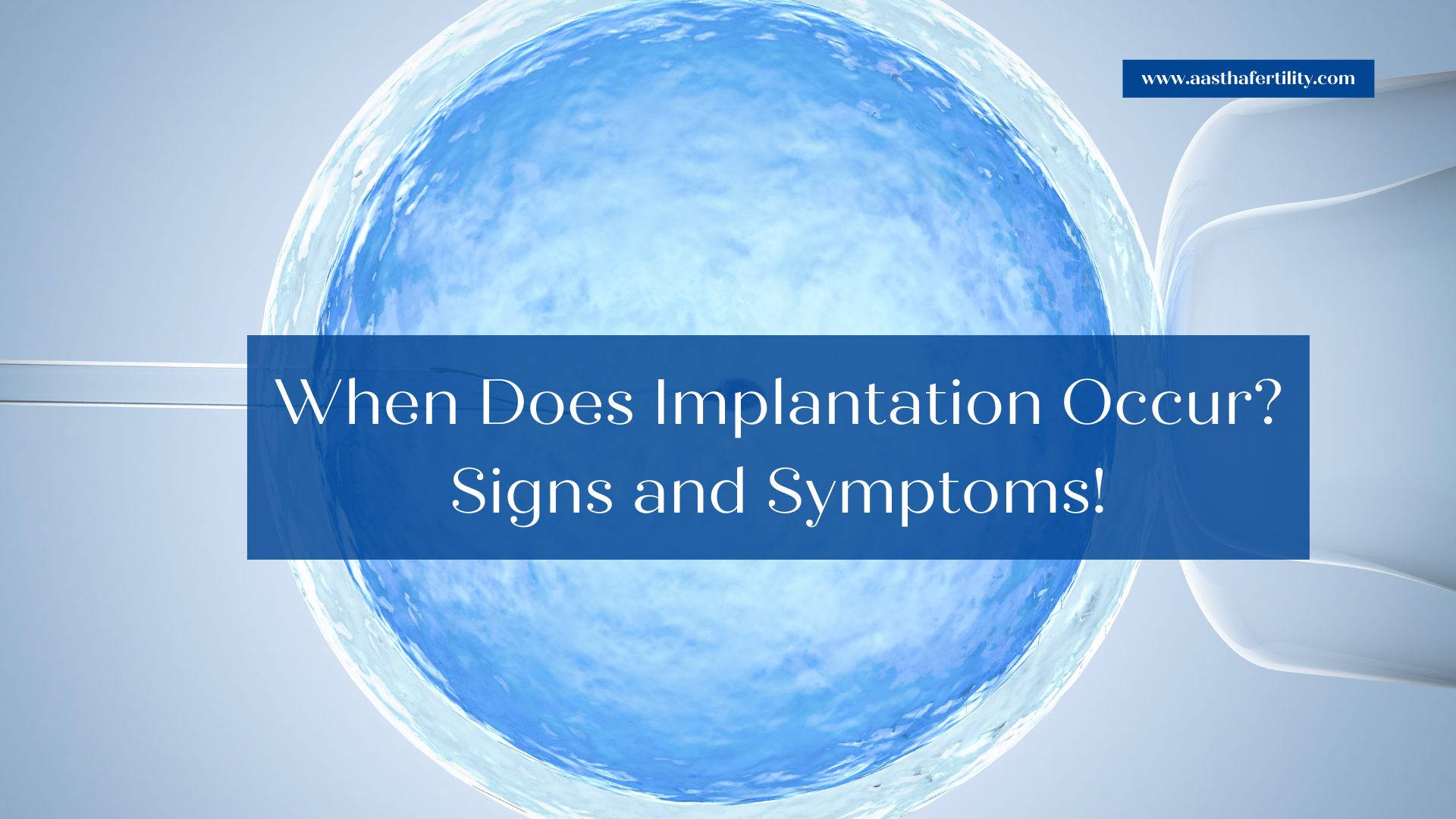
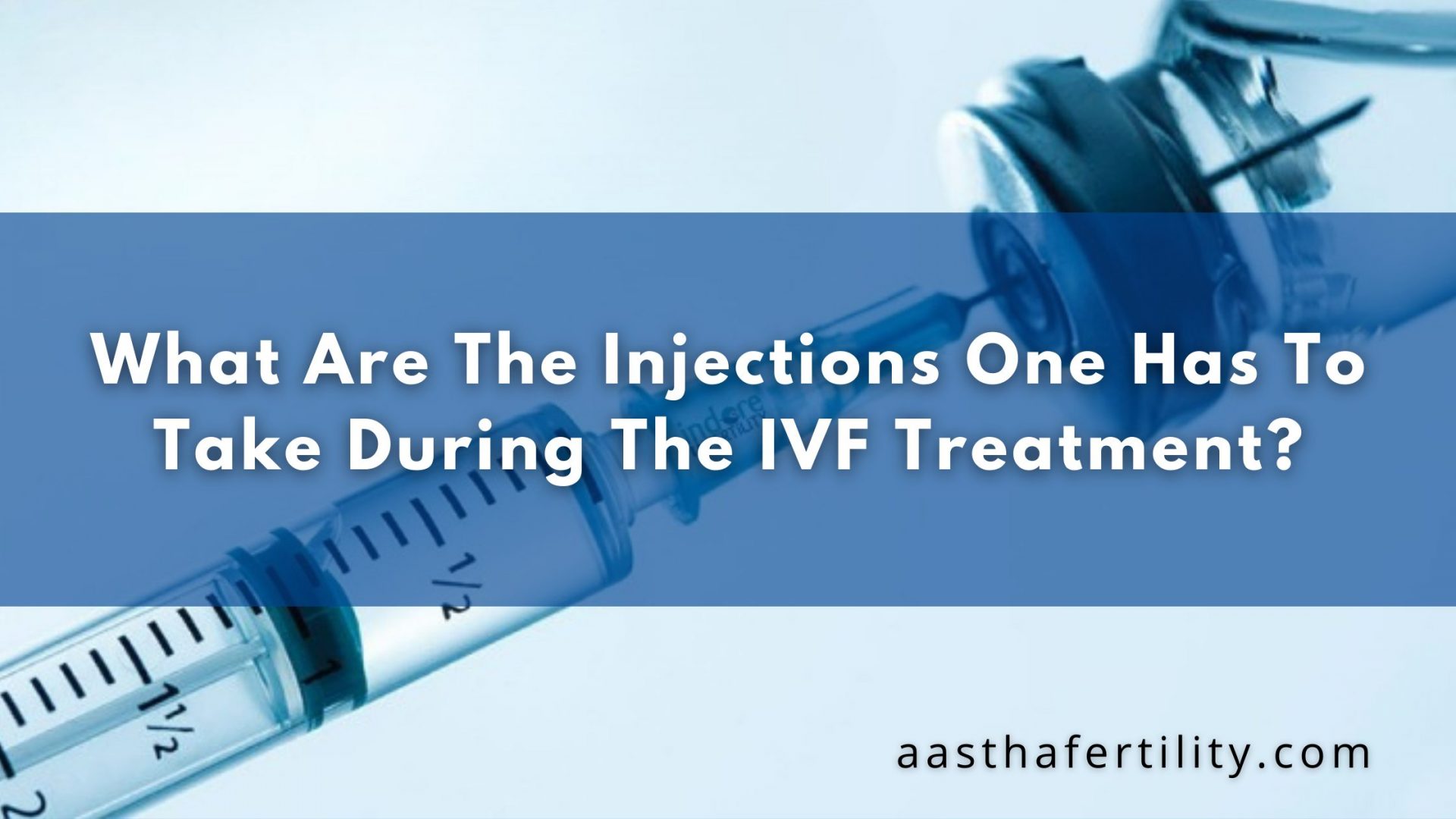


Leave a comment